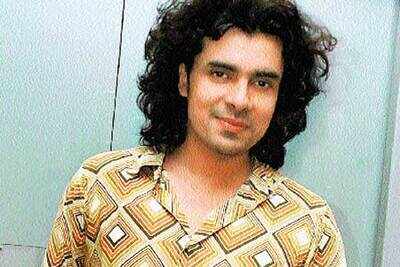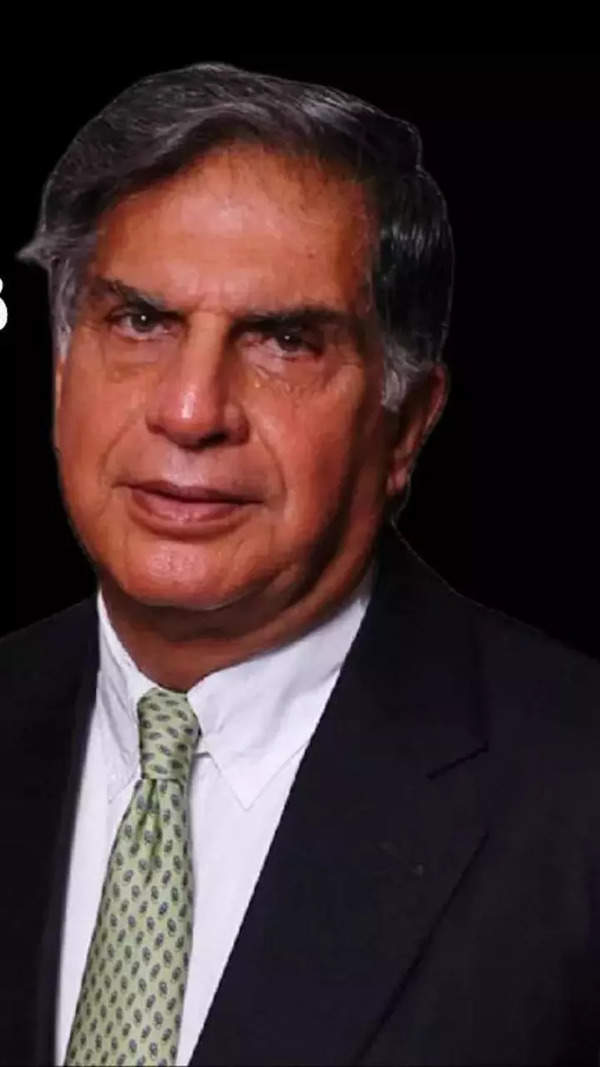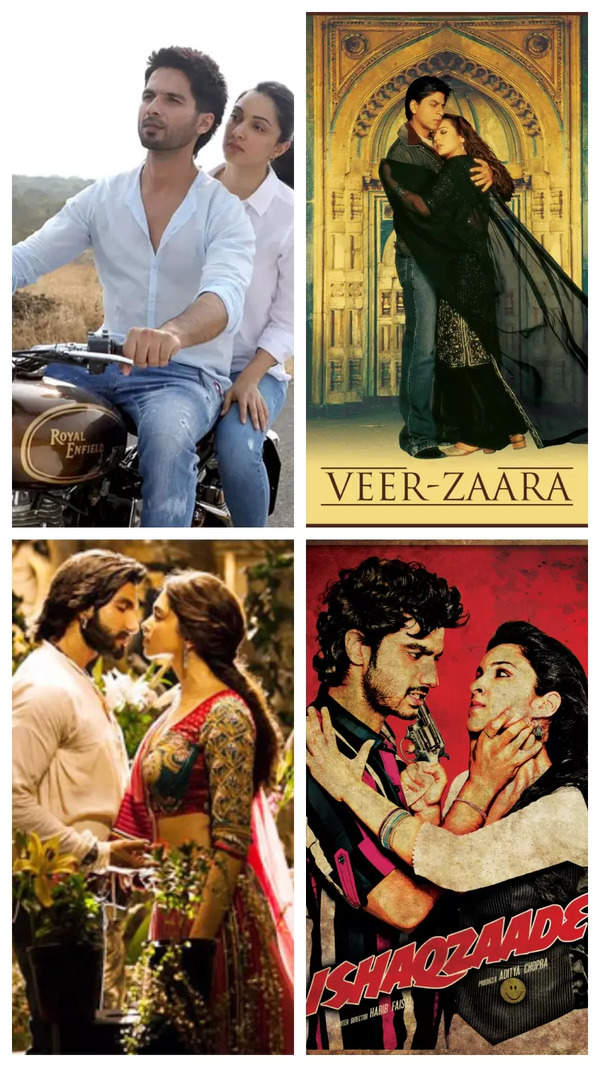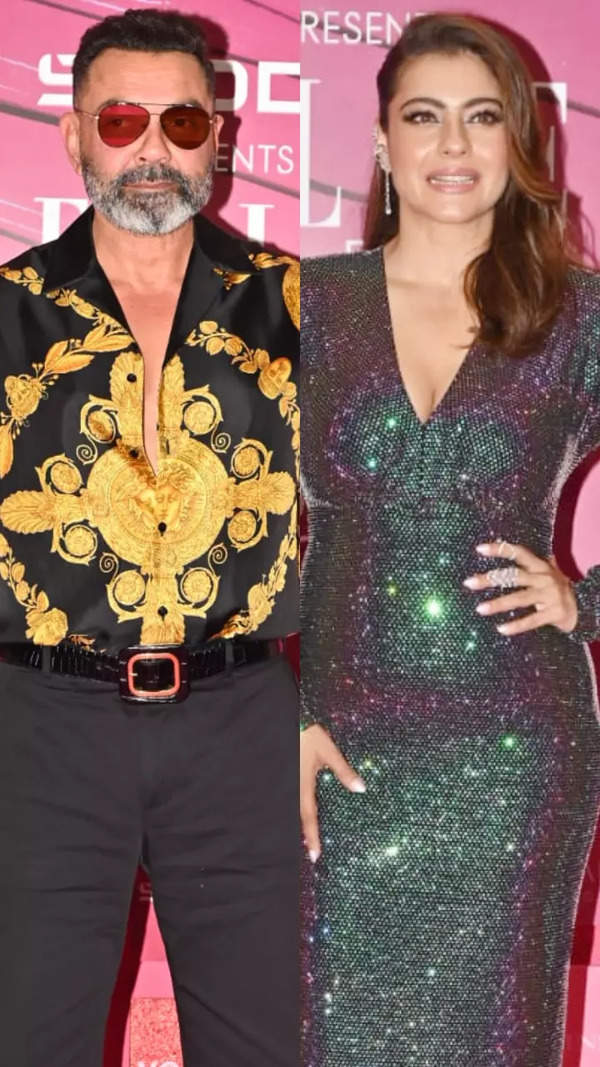- News
- entertainment
- hindi
- bollywood
- <arttitle><em>Imtiaz Ali's favourite movies</em></arttitle>
Trending
This story is from October 11, 2011
Imtiaz Ali's favourite movies
Imtiaz Ali lists 17 movies to die for...

Big Fish, 2003
The reconciliation of the father-son relationship was the key theme in this American fantasy adventure film based on the 1998 novel by Daniel Wallace.
Chunking Express, 1994
Directed by Wong Kar-Wai, this Hong Kong film consists of two stories told in sequence, each about a love-sick Hong Kong policeman mulling over his relationship with a woman.

Underground, 1995
The story follows an underground weapons manufacturer in Belgrade during World War II.
Prisoner of the Mountains, 1996
Based upon a short story by Leo Tolstoy, two Russian soldiers are ambushed by Muslim rebels and taken as prisoners.
Lage Raho Munnabhai, 2006
The film has had a strong cultural impact in India making peace and non-violence hip and cool.
Sholay, 1975
One of the greatest films in the history of Indian cinema.
Shri 420, 1955
The film charts the moral corruption of an innocent soul coming to the big bad city to make his fortune.
Nayakan, 1987
Mani Ratnam recreated the life and times of a local mafioso in the slums of Mumbai flawlessly.
Junoon, 1978
Directed by Shyam Benegal film was a runaway commercial success as well.
Jaane Bhi Do Yaaron, 1983
Directed by Kundan Shah, the film was a non-stop laugh riot.
Lawrence of Arabia, 1962
David Lean’s Lawrence of Arabia is exactly what everyone describes it as — one of the great cinematic achievements of all time.
Before Sunrise; Before Sunset, 1995; 2004
Before Sunrise is a simple story of two strangers bound in Vienna's lonely night splendour. Before Sunset is its sequel.
Godfather, 1972
Known to be an epic crime film, Godfather, reveals something new every time you watch it.
II Postino, 1994
The film is about a simple Italian postman who learns to love poetry while delivering mail to a famous poet.
Cinema Paradise, 1988
A filmmaker recalls his childhood when he fell in love with the movies at his village's theatre and formed a deep friendship with the theatre’s projectionist.
Map of the Human Heart, 1992
The love story is about the human adventure and a personal journey of a man who could not have imagined his end is his beginning.
Yojimbo, 1961
Akira Kurusawa’s Yojimbo is pretty close to Yojimbo merely depicts varying levels of greed, hatred and cynicism.
End of Article
FOLLOW US ON SOCIAL MEDIA








